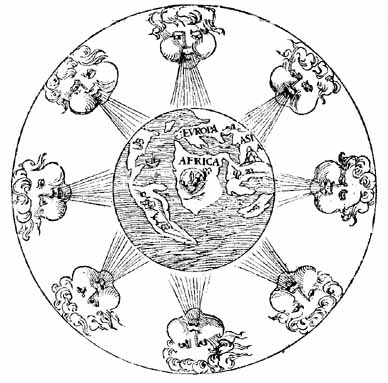Sites of Chemistry in the 19th Century. Call for papers
CALL FOR PAPERS
Sites of Chemistry in the 19th Century
Institute for the History of Medicine and Science “López Piñero”,
Valencia (Spain)
6-7 July 2012
This is the second conference of the project Sites of Chemistry, 1600-2000 which deals with the multitude of sites, spaces and places where chemistry has been practiced since the beginning of the 17th century. It is part of a series of four annual conferences each devoted to a particular century. A final conference will be held in early 2015 to explore themes and developments over the whole period and on a broader comparative scale. Selected papers from each conference will be published in special issues of Ambix, and two volumes of essays will be published at the end of the project. The project is supported financially by the Wellcome Trust for the History of Medicine and is sponsored by the Society for the History of Alchemy and Chemistry. Full details on the general project as well as on the past first conference on Sites of chemistry in the 18th century (Oxford, 2011) are available at www.sitesofchemistry.org.
The focus of this second conference is on the variety of physical sites where chemistry was practiced in the 19th century. Further details about the range of ‘Topics and Themes’ under study can be found at www.sitesofchemistry.org. The main purpose is to analyze, first, who was practising chemistry in a particular site, where, how, to what ends, and the physical, social, cultural and economic organization of these sites; and second the wider social, economic, political and cultural contexts for the practice of chemistry through detailed examination of chemists’ interactions, in and around these sites, with other actors.
Since the late 1980s, when Owen Hannaway published his “Laboratory Design and the Aims of Science” and Steven Shapin wrote his “House of Experiment”, the historiography of science has produced a large variety of studies offering analytical categories and methodological strategies to integrate the physical, cultural and symbolic features of spatial settings in the analysis of the cognitive, social or practical activities taking place inside them. The Sites of chemistry project aims to encourage the study of spatial settings as an active ingredient of chemical activities, which reflects and moulds what their users thought, said and did. At the same time we aim to explore the social processes and networks that linked particular chemical spaces and the actors within them to other sites and to their wider context.
Call for Papers and Sessions
Proposals for individual papers as well as for complete sessions on a particular theme are very welcome. They should be send to the organisers Antonio Garcia Belmar, belmar@ua.es, and John Perkins, jperkins@brookes.ac.uk and Deadline for proposals: 30 November, 2011.
• Proposals for individual papers should include a 300 words summary.
• Proposals for sessions should include a 300 words description of the main topic and information about the authors, titles and summaries of the contributions.
Decisions will be announced by 15 December 2011.
There will be five non parallel sessions over the two days of the conference. There will be 3 or 4 papers in each session. Each session will consist of a 10 minute presentation of each paper, followed by a 20-30 minutes report on all the papers by a commentator and a general discussion. Commentators will be asked to summarize key points of the papers and offer a few critical/constructive thoughts on them, as the focus for discussion.
Full versions of papers are due to be submitted for pre-circulation by May 30, 2012. Papers should be no more than 6,000 words. They will be available to registered participants in the conference via a restricted section of the project’s website one month before the conference.
There will be no registration fee for the conference and the travel and accommodation costs of those giving papers will be paid by the project. Special priority will be given to doctoral students.
Scientific committee:
Marco Beretta (Florence),
José Ramón Bertomeu-Sánchez (Valencia),
Ana Carneiro (Portugal)
Antonio García-Belmar (Alicante),
Ernst Homburg (Maastricht),
Muriel Le Roux (Paris)
John Perkins (Oxford)
Geert Vanpaemel (Belgium)
Local organising committee
José Ramón Bertomeu-Sánchez, Mar Cuenca, Antonio García-Belmar, Ximo Guillem, Ignacio Suay-Matallana.

